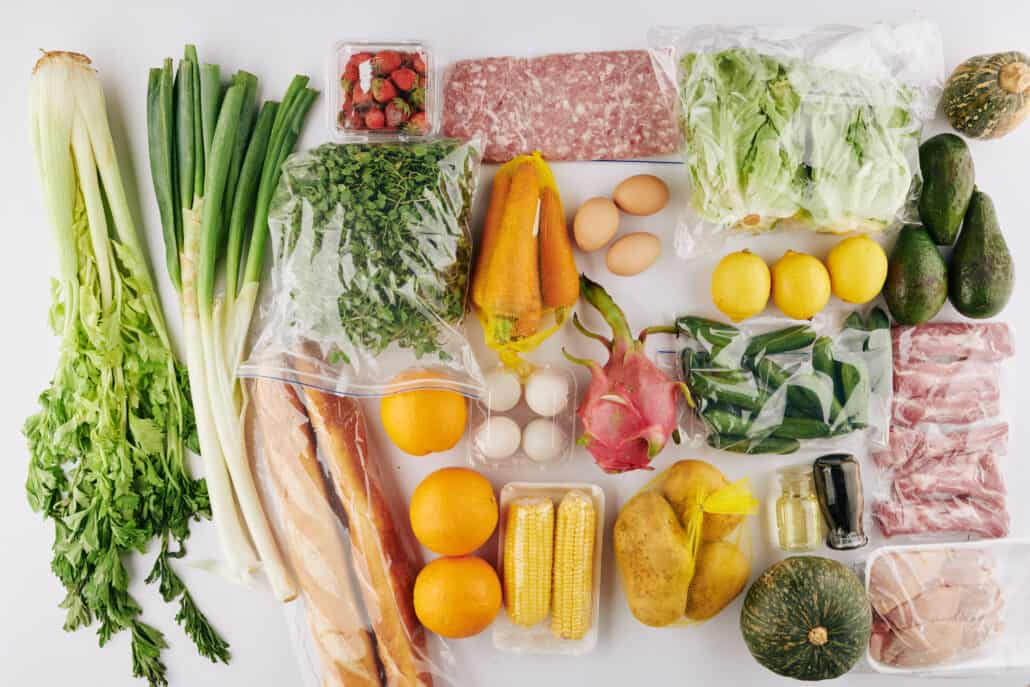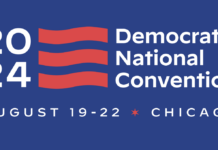
Signed into law early this year, The Food Donation Improvement Act eases liability concerns for leftover food distributions from events.
Thanks to the Food Donation Improvement Act (FDIA), hotels and venues now have a more streamlined path to donate food without concern about liability. While the FDIA wasn’t a national headliner, it’s a big deal for the path to ending food waste and for facilitating sustainable meetings. President Biden signed the landmark legislation into law on January 5, after it passed in the Senate and the House with bipartisan support. It expands and amends the 1996 Bill Emerson Good Samaritan Food Donation Act, clarifying the rules around donation and giving liability protection for qualified donors.
Previously, the donation process was cumbersome. Businesses had little liability protection. Now, those that have safety checks in place aren’t held legally responsible for food quality or spoilage. As well, donations no longer have to be made to food relief organizations. Hotels, restaurants, caterers and other businesses can donate directly to people in need in their communities.
Why it Matters
According to the US Department of Agriculture, nearly 34 million people in America lived in “food insecure” households in 2021. Yet $408 billion was spent on food that was never eaten.
Every year around 40 million tons of surplus food, estimated to be 30 to 40 percent of the entire US food supply—ends up in landfills. The US discards more food than any other country in the world.
The food that ends up in landfills also creates greenhouse gas emissions. “Promoting and enabling the donation of safe, surplus food is a highly effective and simple tool to curb food waste, reduce greenhouse gas emissions and address food insecurity,” says Emily Broad Leib, Director for the Harvard Law School Food Law and Policy Clinic, in an interview with the nonprofit organization Food Tank.
Advocates of the FDIA include legislators, businesses and non-profits. They believe that the improved food donation act offers common sense solutions to help solve hunger in America. “Hunger is not inevitable,” says US Representative Jim McGovern of Massachusetts, one of the act’s sponsors. “We don’t have a shortage of food; we have a mismatch between abundance and need—a mismatch we can solve.”
You May Also Be Interested In
Sustainable Meetings in Demand, but Cost is Limiting Factor
Net Zero Carbon Events Launches Roadmap at COP27
Dr Patrick Patridge Launches New Book, “ecomice.”











